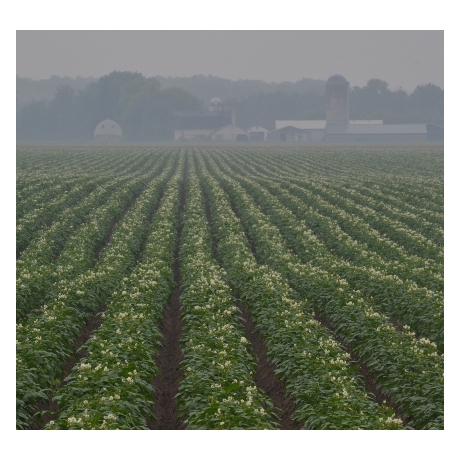Implications of Potato Seed Physiological Age
The performance of seed potatoes depends on the physiological age of the seed. Sprout numbers increase as seed ages. Sprout vigor is high after the seed has lost dormancy but declines with increasing age. These age-dependent changes contribute strongly to uniformity and time of emergence, as well as stem number per hill. In this presentation, we will review the factors that contribute to seed age. We will also discuss how field and storage conditions affect the rate at which seed ages. Finally, we will consider steps growers can take to increase the likelihood that the seed they plant contributes to a successful year.
Thursday, February 1
10:45am-11:15am

About the Speaker
Dr. Paul Bethke
Dr. Paul Bethke has been a researcher with the USDA Vegetable Crops Research Unit and a faculty member at the University of Wisconsin since 2006. His research is focused on how genetics and the environment influence potato tuber quality, especially as it relates to quality out of storage. His group is currently working on projects related to diploid potatoes, wild species relatives of potato, the appearance of the potato skin, and stem-end chip defect.

